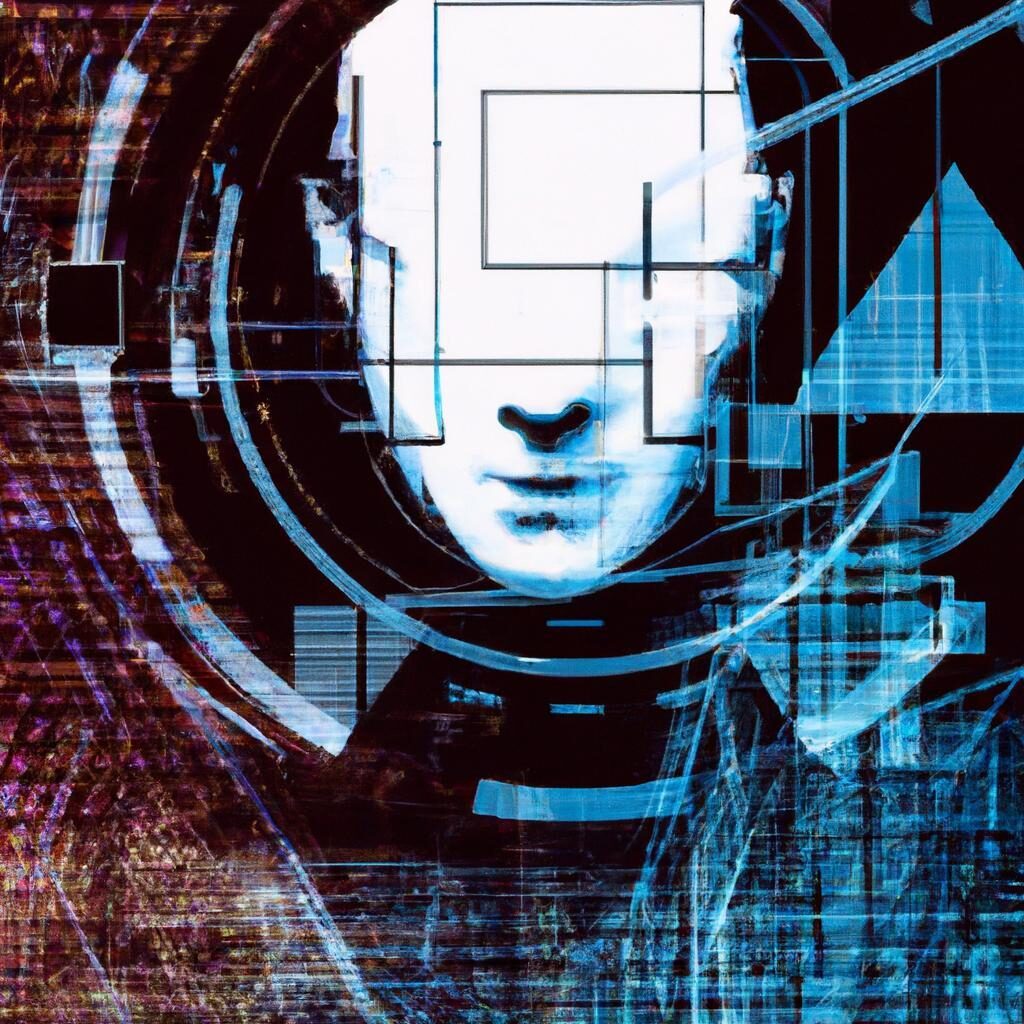In a bold move that has sent shockwaves through the gaming industry, video game actors in the United States have raised grave concerns about the use of artificial intelligence technology in game development. These striking performers fear that the rise of AI poses a threat to their livelihoods, raising important questions about the future of the industry as a whole.
Table of Contents
- Striking video game actors fear AI replacing their jobs
- Impact of AI on the future of video game voice acting
- Recommendations for video game actors to adapt to the rise of AI in the industry
- Q&A
- Final Thoughts
Striking video game actors fear AI replacing their jobs
Amidst ongoing strikes by video game actors in the US, a new concern has arisen – the potential threat of AI taking over their jobs. These actors, who bring characters to life through voice acting and motion capture, fear that advancements in artificial intelligence could replace their roles in the industry.
With AI technology becoming more advanced, there is a growing fear among video game actors that their unique talents and skills could be rendered obsolete. The striking actors argue that AI lacks the emotional depth and nuanced performances that human actors are able to bring to their roles, ultimately impacting the quality of the gaming experience for players.
While the use of AI in video game development has the potential to streamline production processes and reduce costs, it also raises questions about the future of human involvement in creating immersive gaming experiences. As the debate between technology and human creativity continues, the striking video game actors stand firm in their belief that their craft is irreplaceable.
Impact of AI on the future of video game voice acting
Despite the advancements in technology, the is causing concern among US video game actors. Many voice actors fear that AI threatens their jobs as technology continues to improve and replicate human speech patterns with remarkable accuracy.
Key Points:
- Voice actors believe that AI could potentially replace human actors in video games, leading to a decrease in job opportunities.
- The ability of AI to generate realistic character voices quickly and efficiently poses a significant challenge to traditional voice actors.
- Some actors argue that the emotional depth and nuances that human actors bring to their performances cannot be replicated by AI.
| Issue: | The |
| Concern: | Threat to US video game actors’ jobs |
In response to these concerns, industry organizations are exploring ways to address the challenges posed by AI in video game voice acting. Some actors are advocating for increased transparency and collaboration between actors and developers to ensure that human actors continue to have a place in the industry.
Recommendations for video game actors to adapt to the rise of AI in the industry
Video game actors are facing a new challenge with the rise of artificial intelligence in the industry. As technology advances, AI is increasingly being used to create realistic characters and voiceovers, threatening the jobs of human actors. This shift has sparked concern among striking US video game actors, who fear being replaced by AI in future projects.
To adapt to this changing landscape, video game actors must consider diversifying their skill sets. Here are some recommendations for actors to navigate the impact of AI in the industry:
- Invest in training and education in areas such as motion capture technology and voice modulation to enhance their performance abilities.
- Collaborate with game developers and AI engineers to understand how AI is being used in character creation and voice acting, and how actors can work alongside this technology.
- Stay current with industry trends and advancements in AI technology to remain competitive in the evolving video game landscape.
Q&A
Q: Why are video game actors in the US going on strike?
A: Video game actors in the US are going on strike due to concerns that artificial intelligence (AI) technology threatens their jobs.
Q: How does AI pose a threat to video game actors?
A: AI technology is becoming increasingly sophisticated, with some companies using it to generate realistic human voices and facial expressions for video game characters. This means that less human input may be required for certain roles, leading to potential job losses for actors.
Q: What are some of the demands of the striking video game actors?
A: The striking actors are calling for more transparency and accountability in the industry when it comes to the use of AI technology. They are also seeking better compensation and protections for actors whose jobs may be at risk due to advancements in AI.
Q: How are video game companies responding to the strike?
A: Some video game companies have expressed willingness to negotiate with the striking actors, while others have raised concerns about the potential impact on their production schedules and budgets. The situation remains fluid as negotiations continue.
Q: What are the potential implications of this strike for the video game industry?
A: The strike highlights the growing tension between actors and video game companies over the use of AI technology. If a resolution is not reached, it could have a significant impact on the future of video game production and the role of actors in the industry.
Final Thoughts
as the video game industry continues to evolve and incorporate new technologies, the future of voice actors may be at risk. The rise of AI and synthetic voice technology threatens to replace human actors in gaming, raising concerns about job security and the quality of storytelling in these interactive experiences. It is essential for industry leaders, developers, and actors to come together to address these challenges and find solutions that prioritize both innovation and the livelihood of those who bring these digital worlds to life. Only through collaboration and dialogue can we ensure a sustainable future for all stakeholders in this rapidly-changing landscape.

